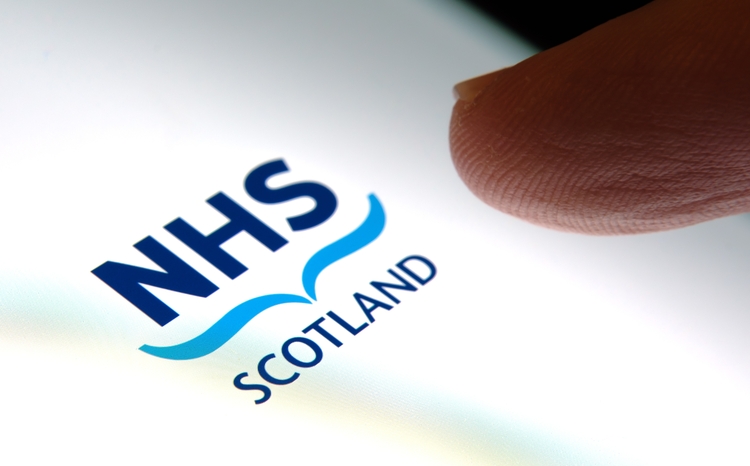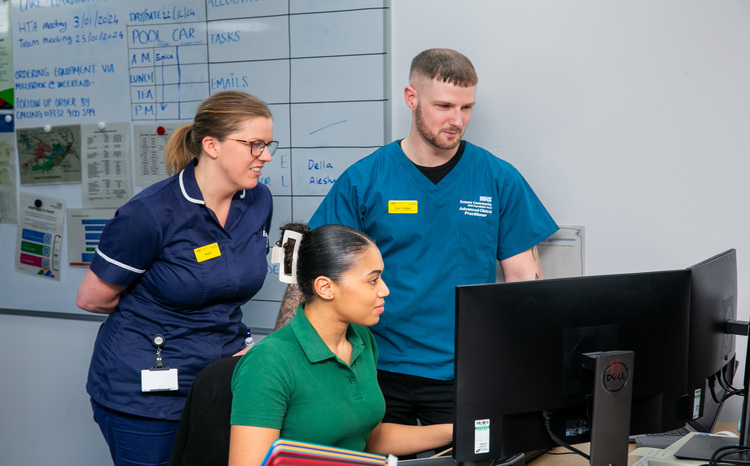NHS developing PHR adoption strategy

NHS England is working on an adoption strategy to support the use of personal health records.
The strategy is intended to enable the NHS to develop an understanding of “what do we need to do at centre to help health economies and patients adopt PHRs,” according to Lenore Ogilvy, a commercial specialist at the commissioning board.
Ogilvy, who was speaking at a Future of Personal Health Records event this week organised by Sitekit, the co-creator of the eRedbook, said the plan is part of the National Information Board’s ‘Personalised Health and Care 2020’ framework to drive improved use of digital technology in healthcare.
The work on PHRs comes under workstream 1.1 of the framework, which is focused on enabling patients and the public to use digital tools to access health and care information and make informed choices.
Tim Kelsey, director of patients and information at NHS England and chair of the NIB, has previously said this strand of the framework, which also encompasses the development of an app endorsement model, could achieve up to £3.4 billion in annual efficiency savings by 2020.
In order to develop the PHR strategy Ogilvy said that NHS England is engaging in a “landscape review” to get an insight into what local NHS organisations and commercial companies are developing innovative approaches to using and implementing PHRs.
The use of PHRs has expanded in recent years, as both central and local NHS services have pushed the benefits of tools that can complement electronic medical records by allowing patients access to view and update their own healthcare information.
Examples include Emis Health’s PHR, which links to Apple’s HealthKit, and the More Independent Programme in Liverpool, which links health and social care information to support older people to live more healthily in their own home.
NHS England’s own work in the area includes giving patients access to their Summary Care Record online, and enabling patients to book appointments and order repeat prescriptions online, by giving GPs incentives to switch on the parts of their systems that enable patients to do this.
Ogilvy said: “There are lots of innovators out there doing things in PHRs. Some of those are quite well known, such as in Liverpool. I think there are a probably lot more examples out there that don’t have quite so much attention.”
The landscape review will identify partners for NHS England to work with that are already working in PHR or are planning to do new things in order to test out areas of user needs where there are current weaknesses.
By identifying these potential partners in this review, NHS England will be able to prepare “a lot of research and pilots” in a way that is not “willy nilly,” said Ogilvy.
She added that an important issue to consider going forward in these plans is that of consent, considering that organisations would want to use the personal data picked up in a PHR to develop messages for patients.
“Patients are going to have feelings about us having access to their data and sending notes. It might be really important for public health, but we need to understand more about views on how that is managed. Those are the kind of things we want to start to test.”
When questioned whether the national strategy was likely to amplify or control what was currently happening in terms of local use of PHRs, Ogilvy said the review is intended to make sure that what is happening on a local level is “shared and learned from.”
“I think it’s very clear that we are aware a centralised process hasn’t work, while having a thousand flowers bloom doesn’t allow us to join up what we have. We need to find a middle ground.
“We can find that divide between what should the centre do so that everybody can benefit and we are all using common standards and what do we do to enable local decision making.”
Digital Health Intelligence will publish a report on the US experience of patient portals and personal health records by the end of the month, with a report on PHRs in England to follow this autumn. Digital Health Intelligence recently hosted a WebEx on the research and PHRs in the UK, and the recording is now available.




